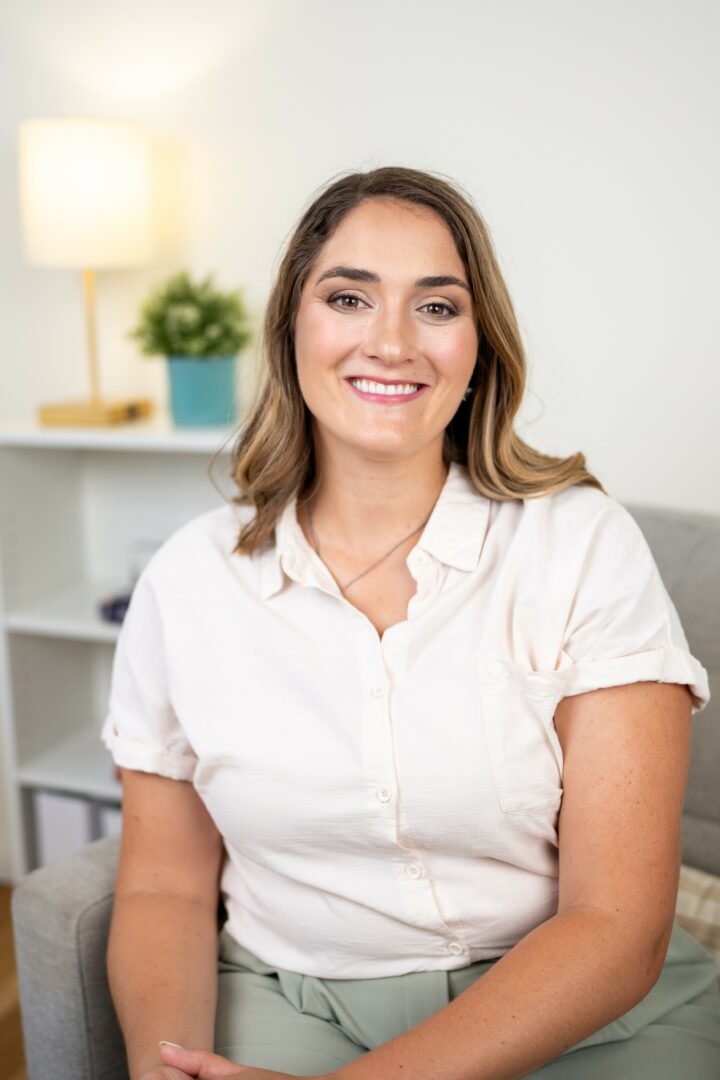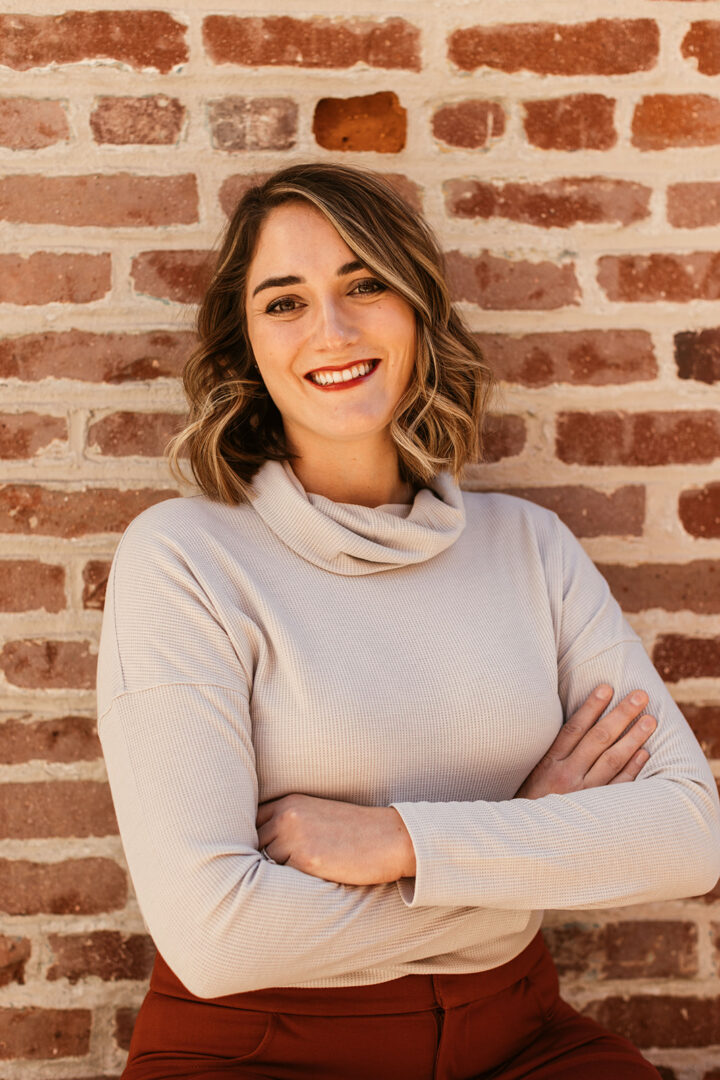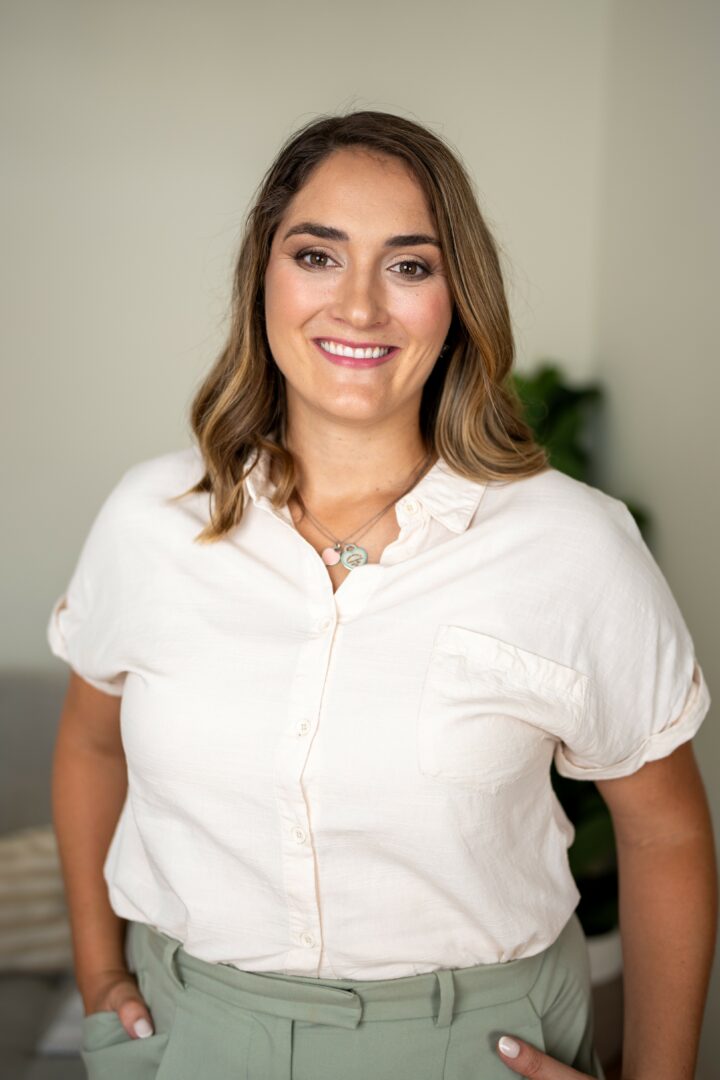Alright – so today we’ve got the honor of introducing you to Anna Mcdonald. We think you’ll enjoy our conversation, we’ve shared it below.
Hi Anna, thank you so much for opening up with us about some important, but sometimes personal topics. One that really matters to us is overcoming Imposter Syndrome because we’ve seen how so many people are held back in life because of this and so we’d really appreciate hearing about how you overcame Imposter Syndrome.
Honestly, imposter syndrome is something I still navigate. When I was in college, my educational advisor told me I would only amount to a C student based on my high school GPA. When I applied for graduate school, I was waitlisted—essentially being told I wasn’t “good enough.” That narrative has shown up in many forms throughout my life, reinforcing the idea that I can’t or won’t succeed.
The way I push back against that voice is twofold. First, I use it as fuel. In therapy, we talk about anger as an approach emotion—it compels us to take action. When I start to doubt myself, I channel that energy into proving, not just to others but to myself, that I am more than capable. Second, I ground myself in tangible evidence. My licensure as an LCSW, my certification in the Gottman Method, and the success of my private practice are all proof that I belong in this space.
At the end of the day, imposter syndrome thrives in isolation and self-doubt. I’ve learned that surrounding myself with a strong community and reminding myself of the impact I have in my work helps quiet that voice. The goal isn’t to eliminate imposter syndrome entirely—it’s to make sure it doesn’t hold me back.

Thanks for sharing that. So, before we get any further into our conversation, can you tell our readers a bit about yourself and what you’re working on?
At its core, my work is about connection and transformation. I’m an individual and couples therapist, which means I have the privilege of stepping into people’s most intimate and vulnerable moments—without pretense, without barriers—and truly seeing who they are. It’s pretty amazing. I get to help people uncover their authentic selves, and I show up the same way in session. Therapy with me isn’t the stiff, detached version you see on TV. I believe that if I’m asking my clients to be real and vulnerable, I should be doing the same.
I hold space for everything—grief, love, healing, anger, hurt, trauma, and all the in-between moments—and I walk alongside people as they grow. One of the most rewarding parts of my work is watching couples and individuals step into their strongest, most empowered, and healed selves.
Beyond therapy, I also offer marriage and relationship workshops multiple times a year, where I teach couples what truly makes relationships work, backed by over 40 years of research from the Gottman Method. These workshops are an incredible space for couples to reconnect, grow, and gain real, evidence-based tools—not just the surface-level advice floating around on social media. It’s one of the most energizing things I do, and I love watching couples leave feeling more equipped, hopeful, and connected than ever.

There is so much advice out there about all the different skills and qualities folks need to develop in order to succeed in today’s highly competitive environment and often it can feel overwhelming. So, if we had to break it down to just the three that matter most, which three skills or qualities would you focus on?
The first and most impactful realization on my journey was knowing that I was capable of building a private practice. For a long time, I didn’t believe I was smart or capable enough to do it. But I remember the exact moment when something shifted—I no longer questioned if I could do it, but rather how I would make it happen. That shift in belief was everything. Once I stopped holding myself back, I built a practice that not only succeeded but thrived.
The second quality that has shaped my journey is having a growth mindset. I know it sounds cliché, but approaching both life and business with curiosity and a willingness to learn has been a game-changer. Instead of seeing limitations as roadblocks, I see them as opportunities to adapt, grow, and create something new. This mindset has allowed me to step into spaces I once thought were out of reach.
The third area of knowledge that has transformed both my work and my personal life is what I’ve learned through the Gottman Method. Becoming certified in the Gottman Method didn’t just change how I support couples—it changed how I relate to everyone. It taught me how to truly listen to understand, to empathize deeply, and to honor and recognize the needs of others. This knowledge is the foundation of my work, from my therapy practice to the marriage and relationship workshops I lead multiple times a year, where I teach couples how to apply these research-backed principles in their own relationships.
For those early in their journey, my biggest advice is to stay open to learning and growth. Let go of the fear of failure and instead see every challenge as a chance to refine your skills and expand your possibilities. The moments where you feel uncertain or stretched are often the ones that lead to the most meaningful transformation.

As we end our chat, is there a book you can leave people with that’s been meaningful to you and your development?
Nedra Glover Tawwab’s book, Set Boundaries, Find Peace: A Guide to Reclaiming Yourself, is hands down one of the most impactful books I’ve ever read. It’s filled with what she likes to call “Nedra Nuggets”—practical, no-nonsense wisdom that acknowledges the cultural norms, fears, and limitations that often keep people stuck in cycles of toxicity.
Reading this book was a turning point for me. It empowered me to set boundaries in a way that strengthened my confidence, helped me reclaim my sense of self, and ultimately brought me more peace. One of the biggest takeaways? Setting boundaries is rarely comfortable. Tawwab makes it clear that discomfort doesn’t mean you’re doing something wrong—it just means you’re doing something new. Another powerful lesson is to expect pushback when you set boundaries, especially from people who don’t have strong ones themselves. That resistance isn’t a sign to back down; it’s a sign that the boundary is necessary.
As a therapist, I see the power of boundary-setting play out in my work every day, whether I’m helping individuals navigate their relationships or guiding couples toward deeper, more authentic connections. It’s also something I integrate into my marriage and relationship workshops, where I teach couples how to set healthy boundaries that foster mutual respect and emotional safety. Because at the end of the day, boundaries aren’t about pushing people away—they’re about creating space for healthier, more fulfilling relationships and protecting the relationships you do have.
Contact Info:
- Website: https://www.thrivetherapyandcouplescounseling.com
- Instagram: @thrivetherapycouplescounseling

Image Credits
Jordan Kranda
Luke Cardona
so if you or someone you know deserves recognition please let us know here.




